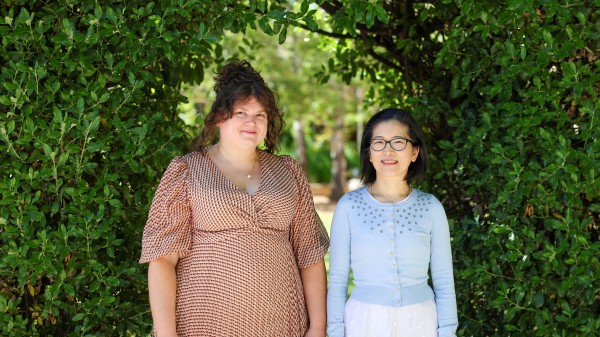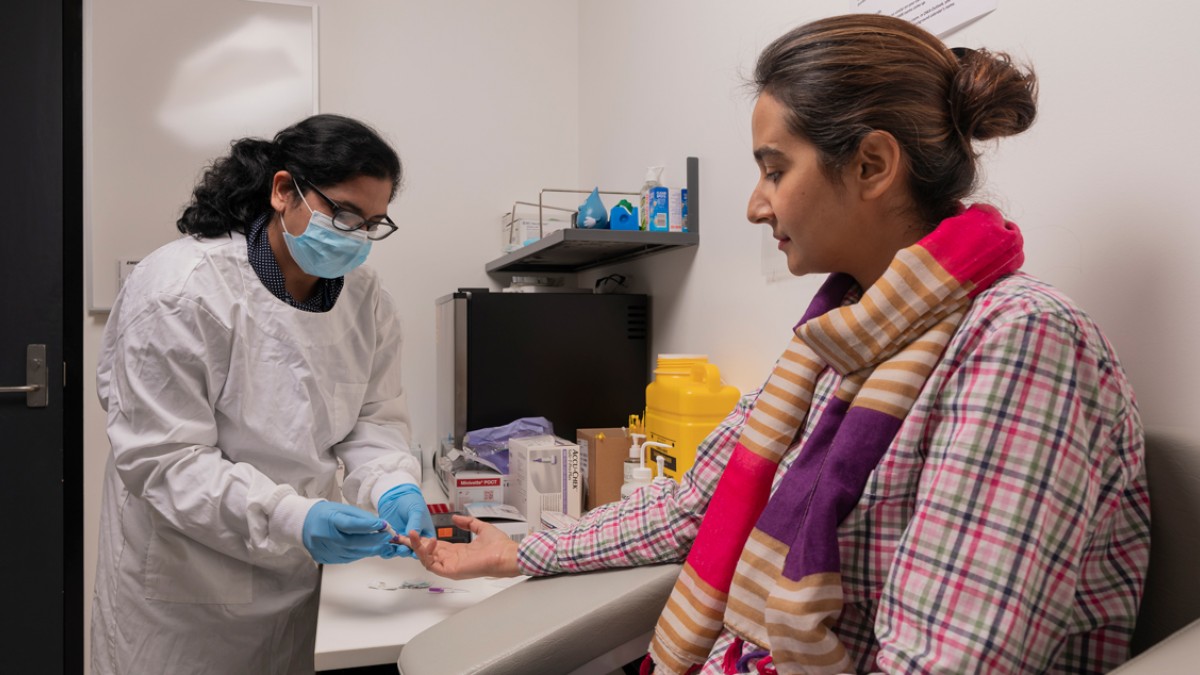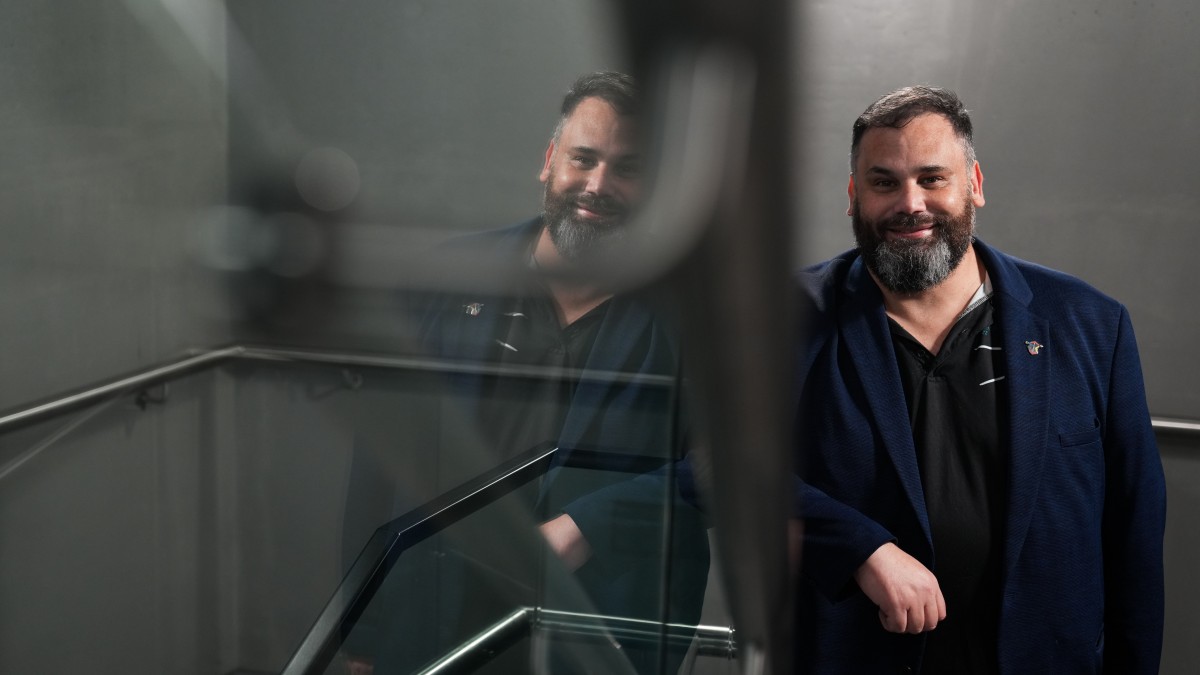A supportive workplace, work-life balance and a connection to rural communities are all key to retaining doctors in rural and remote areas of Australia, according to a new study from The Australian National University (ANU).
The study involved two groups of general practitioners – those who’d completed their training in Australia and those who’d trained internationally – now working in regional NSW. It looked at three domains: personal, professional and geographic connectedness, to determine the importance of each in retaining rural doctors.
Study co-author Suzanne Bain-Donohue said all three are critical.
“The findings reinforced what we already know about nationally trained doctors. Those who grew up in a rural area or have experience living rurally during medical school are more likely to be attracted to working in a rural area,” she said.
“Often, they are seeking a specific lifestyle. For example, if they enjoy surfing and live near the beach, if their partner has fulfilling employment and their children have access to good educational opportunities, they are more likely to stay put.”
Nationally trained doctors also ranked having good work-life balance as important.
“For example, they are less likely to be comfortable with their patients approaching them about health-related issues when they’re not at work,” Ms Bain-Donohue said.
“In contrast to nationally trained doctors, who’ve chosen to work rurally in most cases, many internationally trained doctors are required to do so to fill gaps in underserviced areas. These international GPs are much more likely to stay rural when they are accepted, appreciated and made to feel part of their community.
“They look to build professional relationships with their patients and are often wanting to give back to their community. Therefore, the need for a divide between their professional and personal life may not be as important to them.”
One area where some international doctors saw room for improvement was in the professional domain. They reported having few opportunities to meet other doctors and form professional relationships. Additionally, they expressed frustration at the lack of training opportunities available to them.
Their professional networks are often spread over a large geographic area, often making it hard to find the support they need to advance their careers.
“Retention strategies need to account for the fact that people are coming from distinct backgrounds and there are many factors that need to be addressed to ensure work and life satisfaction,” Ms Bain-Donohue said.
“Focusing on bringing together nationally and internationally trained general practitioners to build a professional network for support and development would be a great place to start.”
The study has been published in PLOS Global Public Health.
This article was originally published in the ANU Reporter.










